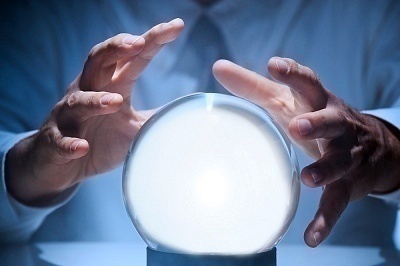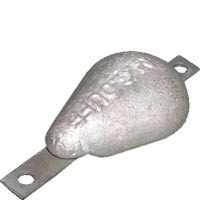Hindsight bias is when people exaggerate their confidence in an event that occurred based on predictions that were made prior to the event’s occurrence. Hindsight bias is just one type of bias that the brain uses to store and recall information. This is because people tend to focus on an event that occurred rather than the possible alternatives that did not. Hindsight bias is most commonly seen in prophecies, meteorology, and current events.
How Does Hindsight Bias Work?
Hindsight bias is a very common occurrence and only those who understand and expect it can avoid it. Hindsight bias often begins with a vague statement or prediction about a possible event, such as whether or not it will rain on a particular day. If the event does not occur as predicted, the prediction is forgotten. If, however, the event occurs according to the prediction, the person who made the prediction feels particularly confident about his/her deductive or prophetic abilities. This may be the case even if the event does not happen exactly as predicted and usually involves the person exaggerating what they said or how confident they were when the prediction was made.
Applications
Hindsight bias can be applied to virtually anything and is especially prevalent in news, politics, games, sports, weather, current events, and especially history. In fact, hindsight bias does not even have to involve a prediction and can be used to claim that a person “knew” something was going to happen, even though they did not say anything about it ahead of time. Followers of famous prophecies (such as those Nostradamus or the Bible made) most often use hindsight bias. In these cases, vague predictions are converted into prophetic meanings after an event has already occurred and are usually modified or exaggerated to fit the specific circumstances of the event.
Advantages
Hindsight bias can be advantageous in certain situations. For example, hindsight bias can be used to analyze a situation and/or possible alternatives in order to be better prepared for the future. This is often used in politics. The details of a political campaign or scandal is observed in an attempt to prevent similar events from repeating. Likewise, hindsight bias is often seen in military history and sports games in which two parties each made their own moves that led to the event happening the way it did. If this can all be analyzed after an event has occurred, similar events can be better controlled in the future.
Disadvantages
While hindsight bias can be a good thing in certain situations, it is often a nuisance as it causes people to believe that they are not only correct but that they are exceptionally good at predicting situations. This usually leads to one person exaggerating events to the point of being obnoxious and the other person becoming aggravated. In this case, hindsight bias is just as likely to start conflict as it is to resolve it.




Follow Us!